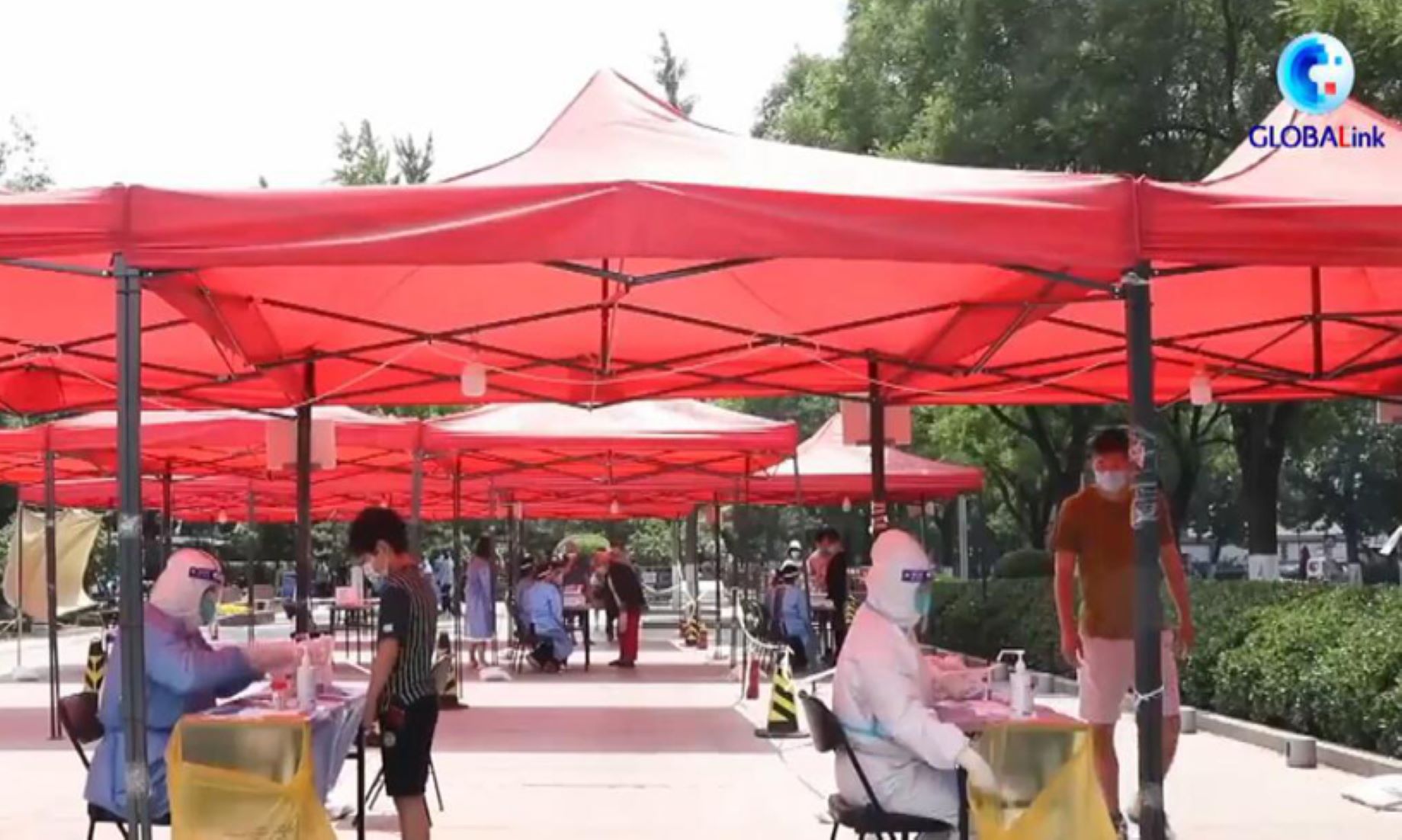LOS ANGELES, Jul 11 (NNN-AGENCIES) – The United States reported 767 confirmed monkeypox cases in 39 states as of Friday, and experts criticised the weakness in the country’s public health system, to address the snowballing outbreak.
New York had the highest monkeypox case count in the country with 153 cases, followed by California at 136 and Illinois at 91, according to latest data of the U.S. Centres for Disease Control and Prevention (CDC).
The U.S. Department of Health and Human Services (HHS), announced that, it will distribute 144,000 doses of the two-shot Jynneos vaccine, which is approved for monkeypox and smallpox, to cities and states starting today, to address the outbreak.
These doses are on top of 56,000 doses the department made available last week, of which 41,000 have been delivered.
The CDC also announced earlier that, U.S. healthcare company, Labcorp, began testing for monkeypox at its main lab in North Carolina, which can accept samples from across the country.
Labcorp expects to be able to perform up to 10,000 tests a week, which would double the country’s testing capacity, according to the CDC. Four other commercial labs are also expected to begin testing in the coming weeks, according to the HHS.
Experts are concerned that longstanding weaknesses in the U.S. public health system, gives the virus a chance to become entrenched, said a report of The New York Times.
The response in the United States has been sluggish and timid, reminiscent of the early days of the COVID-19 pandemic, raising troubling questions about the nation’s preparedness for pandemic threats, The New York Times quoted experts as saying.
The first U.S. cases of monkeypox were reported in May, but tests will not be readily available until sometime this month.
Vaccines will be in short supply for months longer. Surveillance is spotty, and official case counts are likely a gross underestimate, according to the report.
Even as COVID-19 drags into its third year, the U.S. public health system remains a hamstrung patchwork, an underfunded bureaucracy, seemingly incapable of swift and forceful action, said the report. “Its shortcomings have persisted for decades, through many administrations.”
“We have a very good chance at snuffing out this outbreak, if we apply the knowledge and the resources that we have appropriately,” said Amira Albert Roess, a professor of global health and epidemiology at George Mason University.
“I’m still hopeful that we can accelerate contact tracing and the timing of detection to quarantine, isolation and vaccination of close contacts,” she told NBC News.
“We are having an issue with supply chain management and logistics, when it comes to both vaccines and testing,” Roess said. “We saw a lot of the same things with COVID-19, and we are seeing them, unfortunately, again with monkeypox.”– NNN-AGENCIES






